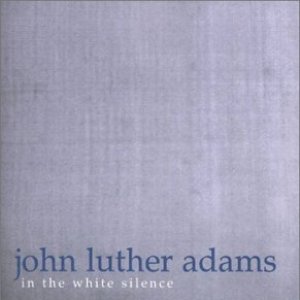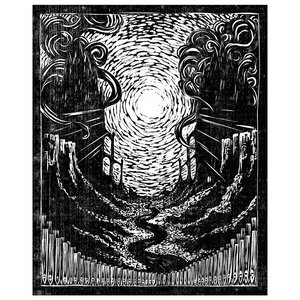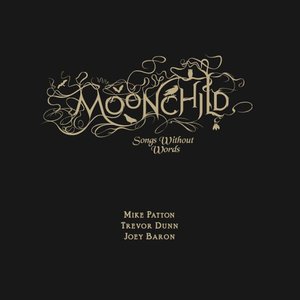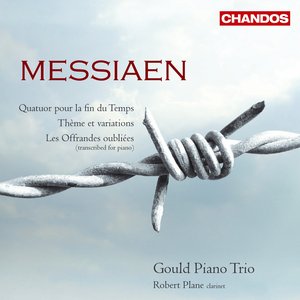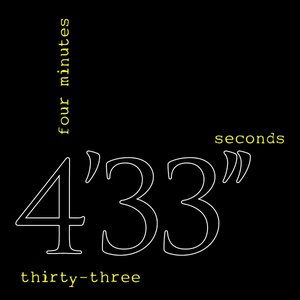Wiki
-
Release Date
18 September 2006
-
Length
50 tracks
Steve Reich
Phases: A Nonesuch Retrospective
Nonesuch Records
2006
When the history book is written on the minimalist scene that emerged in the 1960s, it's likely that composer Steve Reich will emerge as the most influential figure. Certainly artists including Philip Glass and Terry Riley have made extremely significant contributions to contemporary classical music and have evolved, like Reich, beyond the inherent constraints of the genre. But Reich's influence can be felt in music by artists as diverse as German bassist Eberhard Weber, guitar legend Pat Metheny and British progressive rock groups Soft Machine and Gentle Giant. Even Mike Oldfield's classic Tubular Bells had considerable precedent in Reich's work.
Reich turns 70 on October 3, 2006, and it's rightfully being touted as a major event, with celebrations planned in both New York and London. And while Nonesuch Records released a now out-of-print ten-CD set, Steve Reich: 1965-1995 in 1997, to commemorate Reich's 70th they've released a five-CD set called Phases: A Nonesuch Retrospective. It may be less completely comprehensive than its predecessor, but is a terrific place to start, with largely recent recordings of works spanning Reich's entire career, from 1965's "Come Out" to 2005's "You Are (Variations)." What becomes clear, when making one's way through the nearly six hours of music that is not arranged in any kind of chronological order, is how much has changed…and how much has stayed the same.
From Reich's first "happy accident"—where he had two tapes of a Pentacostal preacher shouting "It ain't gonna rain!" running simultaneously but, because the machines were running at slightly different speeds, the phrases began to go out of phase—he's been interested in how melody and rhythm can interact. Reich's music, more than Glass and Riley, is often a powerfully visceral experience, where one can literally feel one's body being pulled as the interlaced segments move from background to foreground, and shift in place as new elements are added.
While early works like "Music for Mallet Instruments, Voices and Organ" (1973) established Reich's ability to weave hypnotic, long-form compositions that relied heavily on tuned percussion instruments like vibraphone, marimba and glockenspiel, it wasn't until Music for 18 Musicians was released by ECM in 1978 that Reich made it onto the radar of a larger listening public. While there are those who consider that recording to be definitive, the fact that it was not possible to experience the entire 56-minute piece as a whole because of the limitations of vinyl makes it less-than-perfect because the critical flow is disrupted half-way through.
Since then more than one version has been released on CD, and the Nonesuch version that was originally released in 1998 and appears on the first disc of this box set is certainly as good, if not better, than the original. That a full third of the musicians on the ECM release are still in Reich's ensemble today is a testament to both their ability to navigate Reich's challenging music and their ongoing interest in a composer who continues to produce marvelous new works like "You Are (Variations)." Reich may be turning 70, but his career is far from over.
The box set manages to include almost all of Reich's best-known and influential work. "Drumming" (1971) relies heavily on, no surprise, percussion instruments (tuned and untuned) to evolve its 56-minute, four-movement form. Reich's interest in utilizing lyrical fragments in repeated form to act as the foundation for long-form composition is well-represented on the 1994 version of "Tehillim" (1981) and the more advanced "You Are (Variations)." What's not necessarily evident when listening to these vocal pieces, as well as "Different Trains" (1988), which features the Kronos Quartet and recordings of voices from before, during and after World War II, is the amount of effort required of Reich to find just the right phrases that would not only work from a rhythmical perspective, but in their actual meaning as well. "You Are (Variations)" works best, with the music integrating perfectly with the phrases that make up the four movements (two in English and two in Hebrew): "You are whatever your thoughts are"; "I place the Eternal before me"; "Explanations come to an end somewhere"; and, perhaps the most revealing movement, "Say little and do much."
Album descriptions on Last.fm are editable by everyone. Feel free to contribute!
All user-contributed text on this page is available under the Creative Commons Attribution-ShareAlike License; additional terms may apply.

